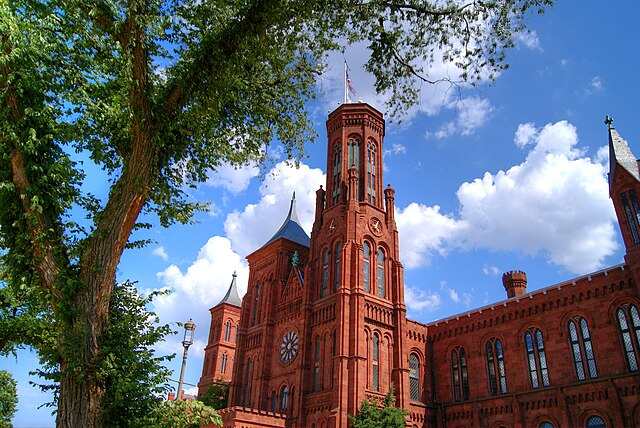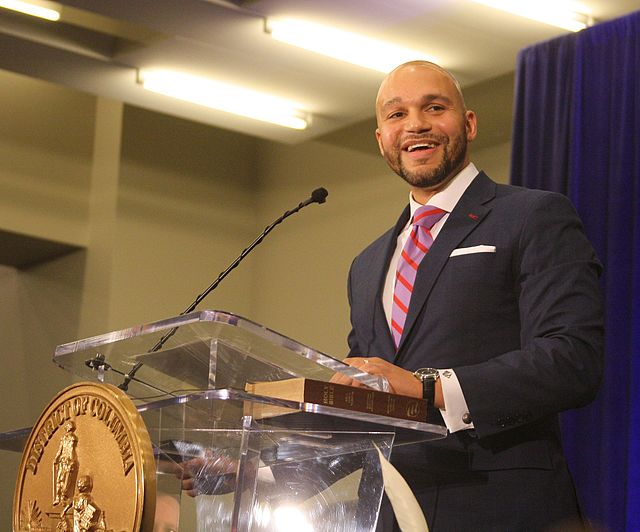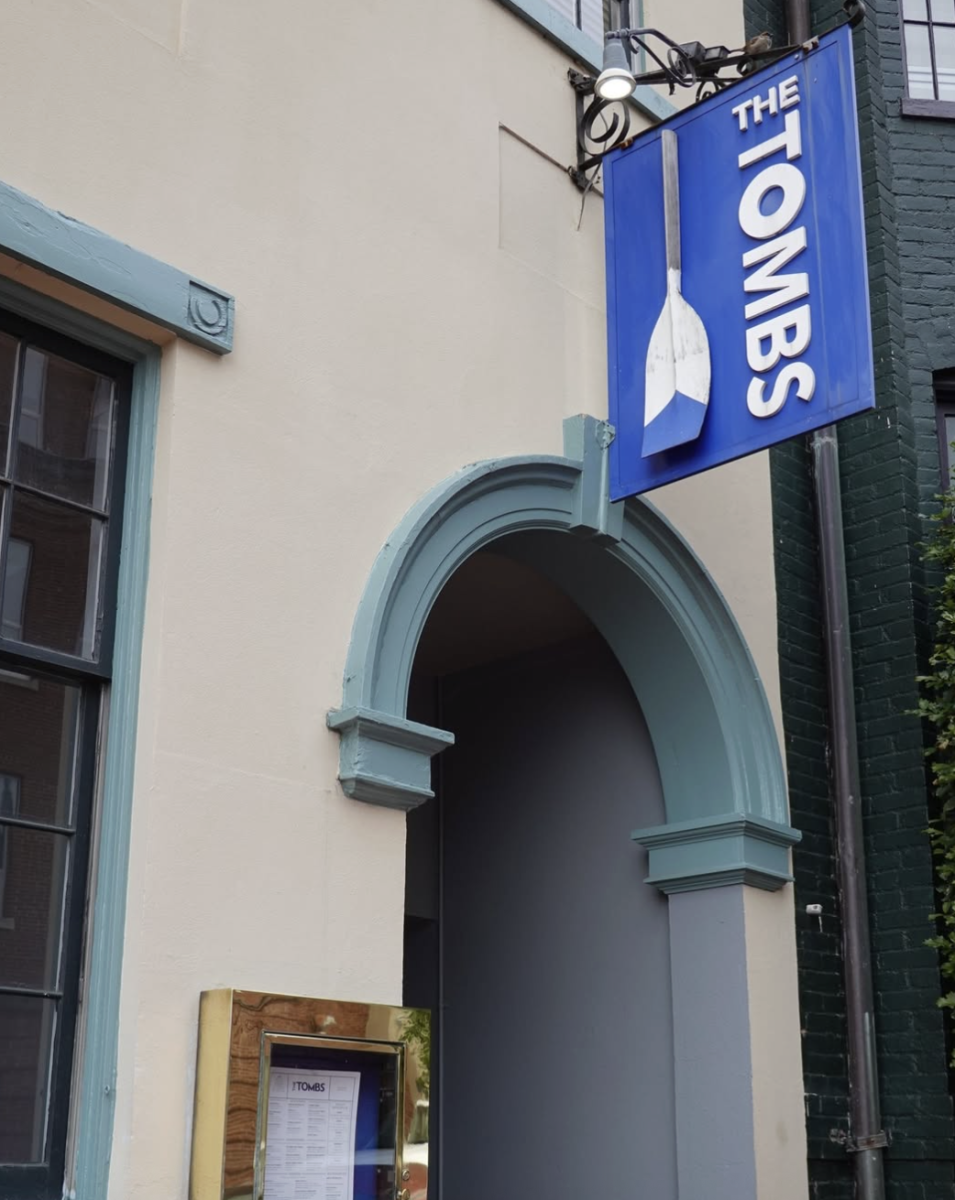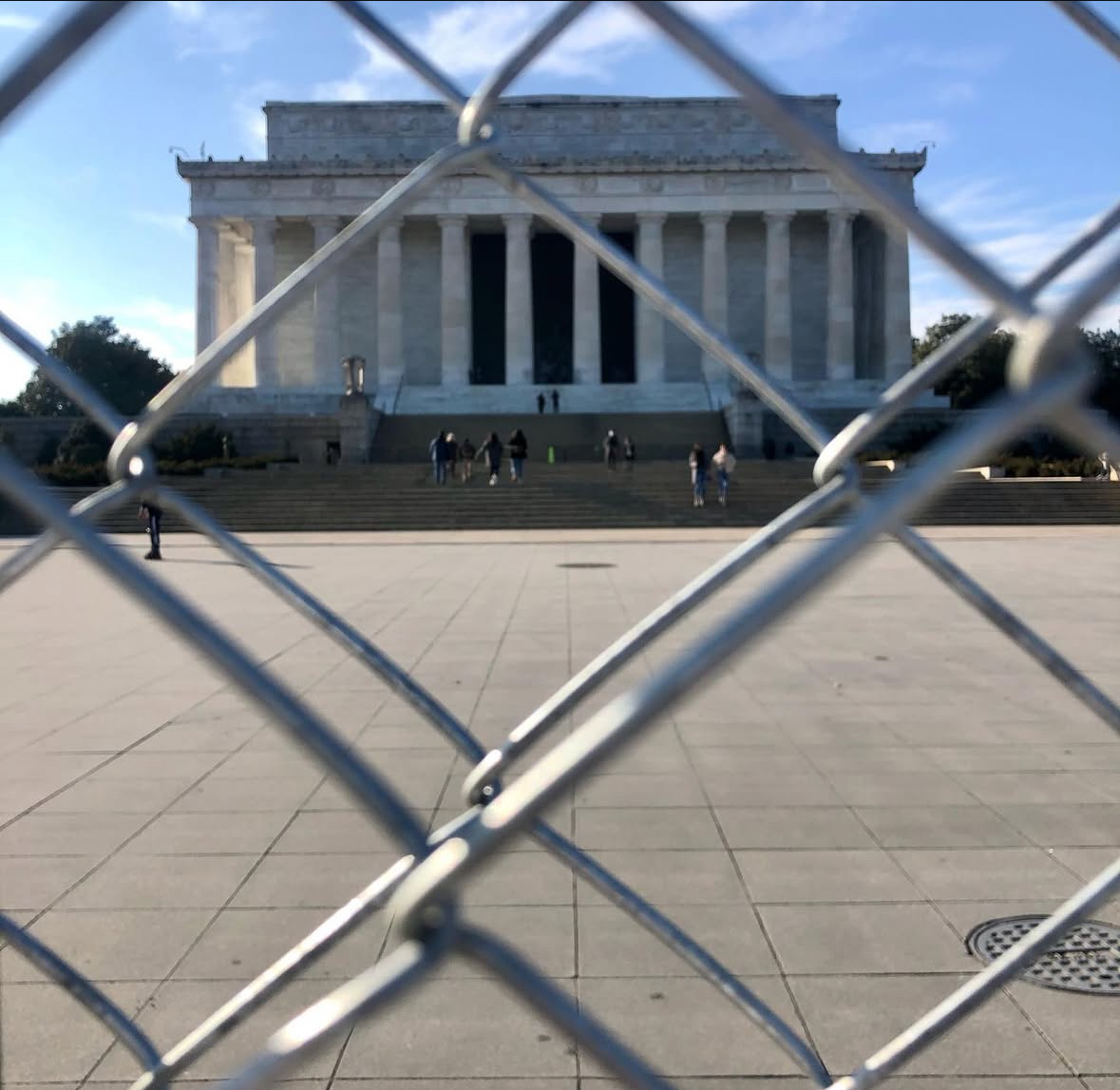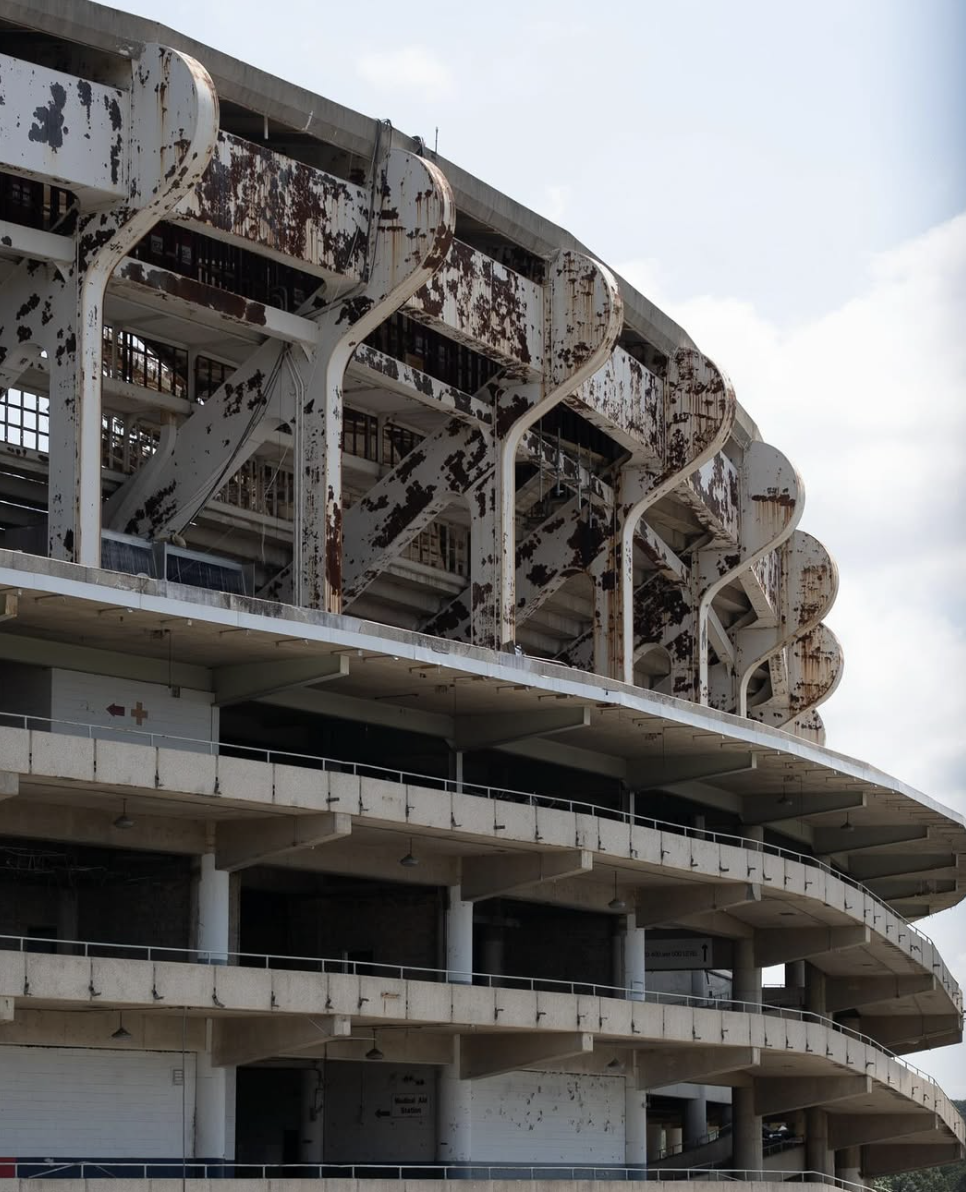President Joe Biden signed legislation Jan. 6 to repurpose and redevelop the 174-acre Robert F. Kennedy (RFK) Memorial Stadium site in Washington, D.C., resulting in differing views of the redevelopment’s impact in the city.
The D.C. Robert F. Kennedy Memorial Stadium Campus Revitalization Act would effectively transfer control of the RFK campus to the D.C. government for the next century to begin implementing projects, such as opening a new football stadium for the Washington Commanders, the D.C.-area professional football team. Parameters in the federal le
gislation include reserving nearly one-third of the campus for parks and recreation, prohibiting development along the waterfront and excluding federal funding for stadium construction.
In a December statement, Mayor Bowser said the bill would allow the RFK campus to meet its full potential.
“As a city, we have worked for years toward the opportunity to transform a vacant, blighted sea of asphalt in the heart of D.C. and to put the RFK campus back to productive use,” Bowser said in the statement “The potential is great — for housing and jobs; for sports, recreation and an entertainment district; for green space, better connections to the river and monumental views of our nation’s capital.”
Emily Dabre (SFS ’28) said that though she thinks a football stadium could stimulate the area surrounding the RFK campus, she hopes the city government can avoid significant funding cuts in other areas.
“I think the new football stadium will increase accessibility and bring a lot more people to that area of D.C., also increasing revenue to bars and restaurants in the area,” Dabre told The Hoya. “It is a little disappointing that the money has to come at the cost of D.C. programs.”
The legislation prevents D.C. from using federal funds for the construction of the stadium, which forces the city to draw from existing public expenditure.
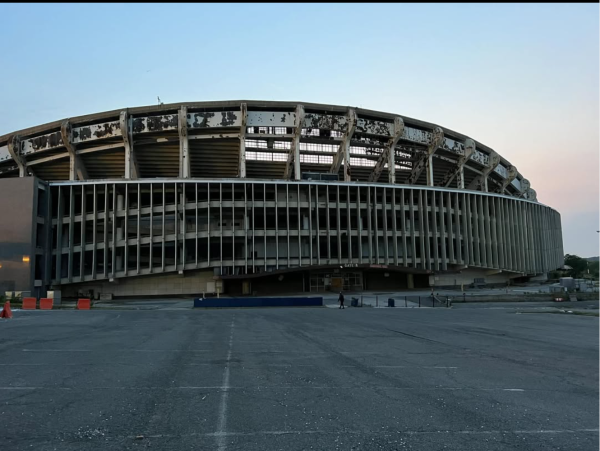
Max Bassin (MSB, SFS ’25), a Commanders fan, said he thinks bringing the team back to the District will help strengthen the team’s identity.
“I think it’s a good thing. I think it brings the identity of the Commanders back to D.C and helps ensure that a D.C team supports the city,” Bassin told The Hoya.
Others, including D.C. Council Chairman Phil Mendelson, feel the plans are overly ambitious and do not consider the city’s existing budgetary struggles.
“Progressive advocates ask for a lot of money for a new program,” Mendelson said at the D.C. City Council Swearing-in Ceremony. “There are council members who propose new programs. The mayor will propose new programs. And there’s always too little thought about the fact that we’re underfunding existing programs.”
Bassen said he thinks cutting funds from programs is a downside, but in the long run, a new stadium may increase revenue, which could be reinvested in the programs.
“In the short term, some social programs may be cut short, which would not be good,” Bassin said. “But in the long term, maybe D.C. can reinvest these funds back into these programs and make them even stronger.”
According to a 2023 survey of northwest D.C. residents, two-thirds of the resident population opposed the construction of a football stadium.
Wendell Felder (D-Ward 7), the newly elected representative of Northwest Washington in the D.C. City Council, said in an interview with ABC News during his campaign that he would support the construction of a stadium if that is what the community wants. Felder also said he plans on organizing a task force of community members to gather the community’s collective goals.
“I want to establish an RFK task force that is comprised of the surrounding communities, which include Kingman Park, River Terrace, Benning Road and Hill East,” Felder told ABC News. “That way you can have a full perspective of what the community’s vision for that site entails.”
Dabre said she hopes that stadium planning leadership will seek to address the needs of local residents to spark local excitement in the revitalization effort.
“As a lifelong Commanders fan, I hope that the team behind the stadium is able to work with the community in order to address their concerns and make them excited about bringing the Commanders into the city and start a new era in D.C. football,” Dabre said.



